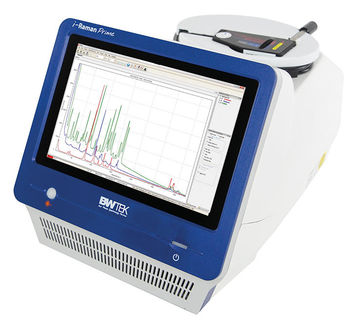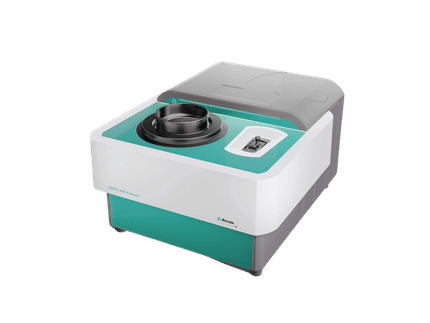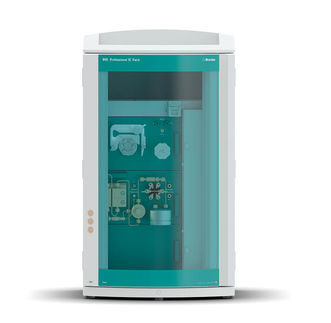To use all functions of this page, please activate cookies in your browser.
my.chemeurope.com
With an accout for my.chemeurope.com you can always see everything at a glance – and you can configure your own website and individual newsletter.
- My watch list
- My saved searches
- My saved topics
- My newsletter
Water cooler
Product highlight
Look up water cooler in Wiktionary, the free dictionary.
A water cooler (commonly abbreviated "watercooler") is a device that cools and dispenses water. They are generally broken up in two categories: bottle-less and bottled water coolers. Bottle-less water coolers are hooked up to a water supply, while bottled water coolers require delivery of water in large bottles from vendors. The most common form of the water cooler is wall mounted and connected to the building's water supply for a continuous supply of water and electricity to run a refrigeration unit to cool the incoming water, and to the building's waste disposal system to dispose of unused water. Some versions are freestanding floor models, which are becoming more popular in countries where it is not common to drink water straight from the tap.
In the standard wall-mounted cooler, also commonly referred to as a water fountain or drinking fountain, a small tank in the machine holds chilled water so the user does not have to wait for chilled water. Water is delivered by turning or pressing a button on a spring-loaded valve located on the top of the unit, that turns off the water when released. Some devices also offer a large button on the front or side. Water is delivered in a stream that arches up allowing the user to drink directly from the top of the stream of water. These devices usually dispense water directly from the municipal water supply, without treatment or filtering. A newer, free-standing design involves bottles of water, usually treated in some way, placed spout-down into the dispensing machine. These machines come in different sizes and vary from table units, intended for occasional use to floor-mounted units intended for heavier use. The bottle size varies with the size of the unit with the larger versions in the US using 5 gallon bottles. The standard size elsewhere is 18.9 litres, and the containers are known in the beverage industry as 'bubble-tops'. Some units offer a refrigeration function to chill the water. These units do not have a place to dump excess water, only offering a small basin to catch minor spills. These gravity-powered systems have a device to dispense water in a controlled manner. Some versions also have a second dispenser that delivers heated water that can be used for tea, hot chocolate, or instant coffee. The water in the alternate spigot is generally heated with a heating element and a hot tank (much like the traditional hot water heaters used in residential homes.) In recent years the new (P.O.U) Point of use cooler is prevalent and overtaking rapidly the sales of its bottled equivalent. These coolers are plumbed into the mains water supply and can provide various water temperatures on tap e.g. cold/ ambient or hot and cold. Also many of these coolers are serviced and sanitised by contractors who replace taste and odour filters or which are inline so the flow of water travels from the mains through tubing then through a filter which can be of various types such as, a carbon block taste and odour filter, or this with polyphosphate which inhibits scale build. a lot of contractors sanitise the taps and tank with an alcohol free solution. This cooler trend is cheaper to run as well as aesthetically superior to any other cooler. These can come floor standing or counter-top and provide chilled and filtered water on-tap.
As a social networking toolWhen used in larger companies, staff somehow manage to show up at the same times during the workday. This informal gathering is often colloquially described as meeting "around the water cooler." Topics discussed during such meetings are said to have a "water cooler effect". This means that these topics are newsworthy current events or office gossip interesting (or important) enough to start off conversations around the water cooler. Television shows that people have conversations about are watercooler shows. Conversations around the water cooler are typically of a less professional nature than usual office conversation. |
| This article is licensed under the GNU Free Documentation License. It uses material from the Wikipedia article "Water_cooler". A list of authors is available in Wikipedia. |







